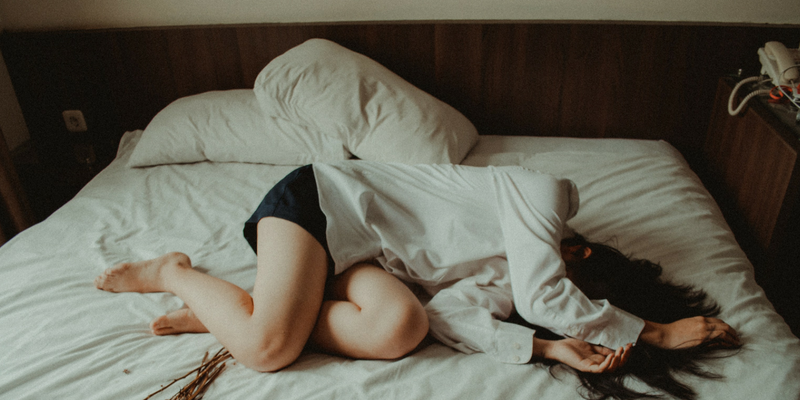
When you look back on your childhood, did it seem like your mother was always tired? To the mothers out there, do you feel worn out? As mothers, we often chalk it up to traditional mom-like duties such as running children to their activities, managing all meals of the day for all members of the family or what felt like hours of holding a crying baby in the middle of the night. But what if we told you that it could be more than a busy lifestyle?
According to the National Sleep Foundation (NSF), the average women between the ages of 30 and 60 sleep just six hours and forty-one minutes during the work week and are more likely to have difficulty falling asleep. Some of the disorders that may be causing this include:
Insomnia in Women
A NSF Sleep in America poll revealed that women are 9 percent more likely to report symptoms of insomnia than men. Common causes found for insomnia in women include menstruation, pregnancy and menopause. Cures reported were exercise, diet change and improving their sleep environment.
Nocturnal Sleep-Related Eating Disorder in Women
Studies show over 66 percent of individuals that suffer from this uncommon condition where the individual eats food during the night while appearing to be asleep are in fact women. This disorder has been caused by certain prescription medications or even sleep disorders such as sleep apnea.
Nighttime Pain in Women
Women are 10 percent more likely to suffer from nighttime pain, according to a 1996 NSF Gallup Poll. Nighttime pain includes migraines, tension headaches, rheumatic or arthritis conditions and heartburn, which are all commonly found in women. Cures reported were relaxation techniques, medications and cognitive therapy.
Restless Legs Syndrome in Women
Amazingly, 18 percent of American adult females reported suffering from this condition in a 2002 NSF study. Possible causes reported were iron or foliate deficiencies which are common in women. Cures reported were iron supplements, medications and lifestyle changes.
So next time you think your late-night eating, restless leg, midnight migraines or trouble falling asleep is caused by your busy family schedule, think again and see your doctor right away. The team at CPAP Central is here for you if sleep apnea comes back as your diagnoses. Our experts are available via live chat, and we have a wide variety of CPAP machines available!
